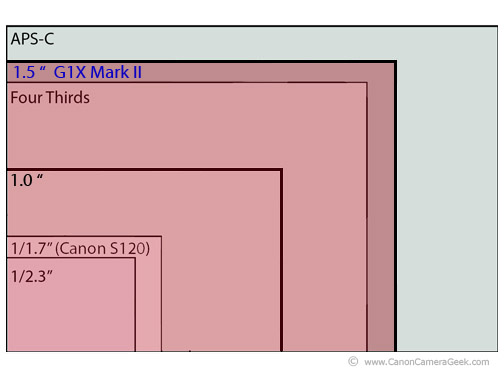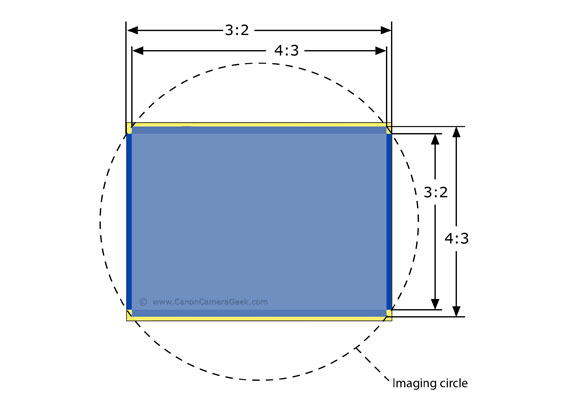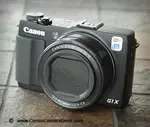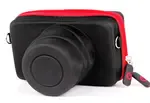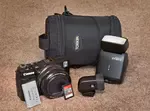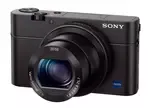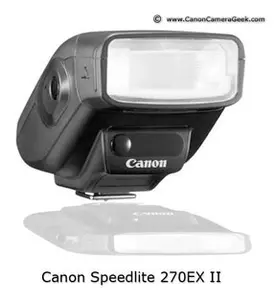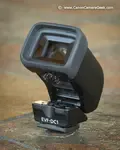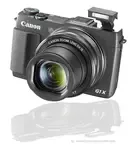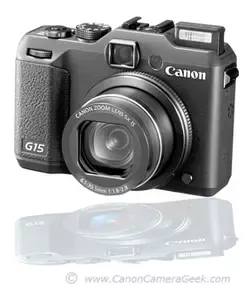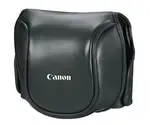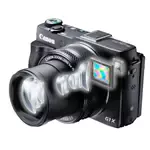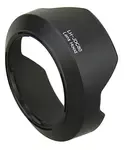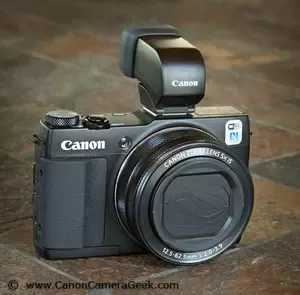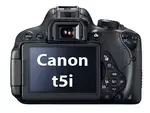Canon G1X Mark II Sensor
(Is It Still Good)
The Canon G1X Mark II features a unique 1.5-inch CMOS sensor, which is significantly larger than the 1-inch sensors found in most modern premium compacts. This makes it a powerhouse for low-light photography and shallow depth-of-field even today.
The Canon G1X Mark II sensor is almost as large as the Canon APS-C sensor, like the ones found in the Canon Rebel "ti" series, the Canon t3i, t4i, t5i, 6i, and t7i, as well as the EOS 10D through 70D, 80D, and 90D series of Canon cameras, and the Canon SL1, SL2, and SL3.
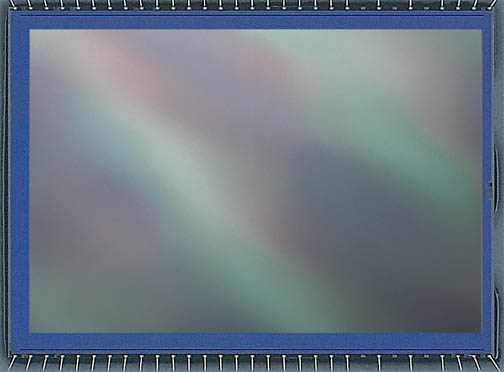 Canon Digital Camera Sensor Close-up
Canon Digital Camera Sensor Close-upTHE LARGE SIZE OF THE G1X MARK II SENSOR IN SUCH A COMPACT CAMERA IS THE SINGLE BIGGEST REASON PHOTOGRAPHERS STILL BUYTHE CAMERA
The 1.5 inch G1X Mark II sensor is almost as big as the prosumer APS-C camera sensors. See the sensor size comparison below. That gives you superior image quality over the typical point and shoot cameras or smartphone cameras.
It was a smart move for Canon to design a compact camera with such a nice big sensor packed inside. That's a big improvement over the 1/1.7 inch sensor you find in the s120 and the more recent Canon "G" series like my Canon G11.
The large G1X Mark II sensor means it's still a very capable camera even thou it was released to market in 2014.
CANON G1X MARK II SENSOR SPECS
- MAX RESOLUTION: 4160 x 3120
- IMAGE RATIO W:H 1:1, 5:4, 4:3, 3:2, 16:9
- SENSOR SIZE:1.5″ (18.7 x 14 mm)
- EFFECTIVE PIXELS: 13 megapixels
The Secret Benefit of the G1X Mark II Multi-Aspect Sensor."
One of the cool features of the Canon Powershot G1X Mark II sensor is the ability to shoot with different aspect ratios. The diagram below shows the two most well-known aspect ratios of 3:2 and 4:3.
Most cameras "crop" the image to change ratios (losing megapixels). The G1X Mark II sensor is actually oversized, so you get the same diagonal angle of view whether shooting 3:2 or 4:3. This is a rare feature that camera enthusiasts love.
The Mark II can easily be switched between different aspect ratios with the "function set" button on the back of the camera.
The G1X Mark II also allows you to use 16:9, a square 1:1 ratio, and the standard "portrait" aspect ratio of 4:5 when you shoot photographs. The photos below show the compositions you get when using these "crops" of the sensor.
 Using the G1X Mark II in "Square" Format Using the G1X Mark II in "Square" Format |
 G1X Mark II Photo using the sensor's Vertical Portrait Orientation G1X Mark II Photo using the sensor's Vertical Portrait Orientation |
Camera technology has advanced so much in the last decade. So many creative aspects of photography have emerged that it's easy to forget to just have fun with your digital photography.
The G1X Mark II has 12.8 megapixels used on the sensor when the default 3:2 aspect ratio is selected and is only slightly different when you select the 4:3 ratio. In either case a sensor this size gives much better high ISO performance and better intentionally out-of-focus backgrounds which are great for shooting portraits.
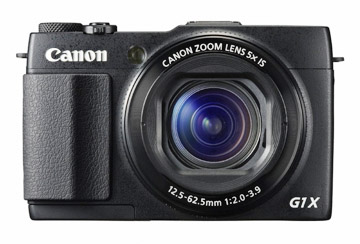 G1X Mark II Camera
G1X Mark II CameraWhen I first tested the Mark II at high ISO setting I was pleasantly surprised at the noise levels. I confess that was my biggest disappointment with my Canon G11. Anything at ISO 400 or higher was really only suitable for sharing on social media.
I compared the noise this sensor produces between the RAW files and the ones produced from the Digic 6 processor and some of the high ISO performance credit must be given to the G1X Mark II processor.
Conclusion
The G1X II sensor surface area is nearly 2x larger than a 1-inch sensor. This is a huge advantage for you if you're looking for a "DSLR quality" camera in a jacket pocket.
I know from my research that larger sensor-equipped cameras are generally much better performing at higher ISOs than many of the typical point and shoot sensor cameras like the Sony RX100 series. Enjoy the new technology of digital photography and the Canon G1X Mark II sensor.
Keep shooting your Canon!


Bruce Lovelace is the publisher of Canon Camera Geek. Read more about him on the About Page. He also publishes how to articles and camera gear reviews at the Photography Tips website.
View some of Bruce's photos on Instagram and Flickr. Join the tribe of followers on YouTube. Bruce also runs photo workshops and provides 1 on 1 digital photography coaching.
Search for articles on this Site:
Recent Articles
-
Canon Camera Guide. Useful Advice on Canon Cameras-Lenses-Accessories
Jan 01, 26 03:43 PM
Helpful advice on Canon Cameras, Canon lenses, and Canon camera accessories. Answers to your questions about Canon equipment. Canon camera equipment guide. -
10 Best Canon G1x Mark II Accessories - Essential Gear For G1X Mark 2
Dec 30, 25 03:59 PM
Make it fun! Upgrade your Canon Powershot Camera experience with the right Canon G1x Mark II Accessories, equipment add-ons. -
The 10 Canon RF 100mm Specs And Features That Matter.
Dec 30, 25 06:49 AM
Is the RF 100mm Macro worth the upgrade? 10 best features that matter the most. Helpful guide to the Canon RF 100mm specs and eatures you need to know about
